Back to Courses
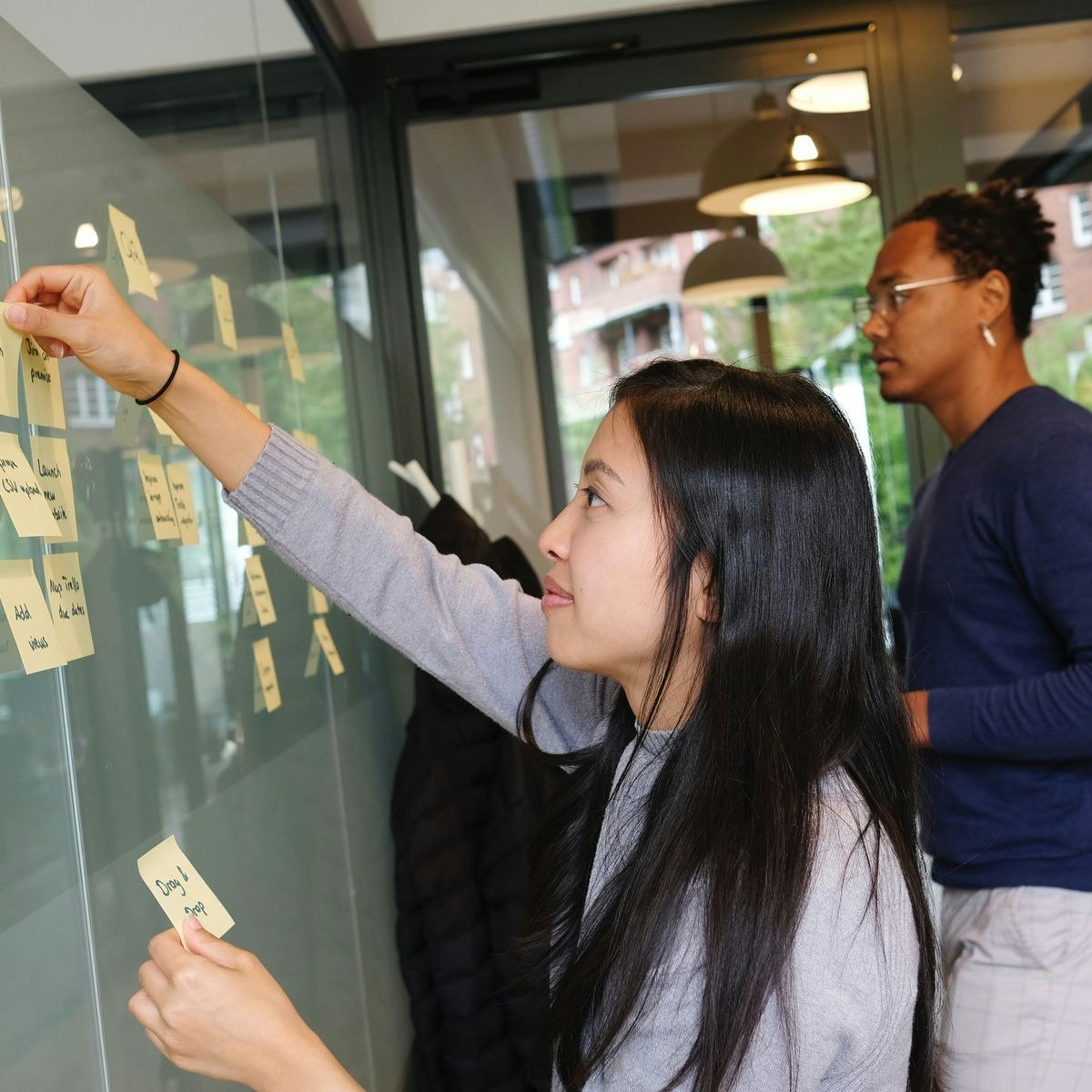
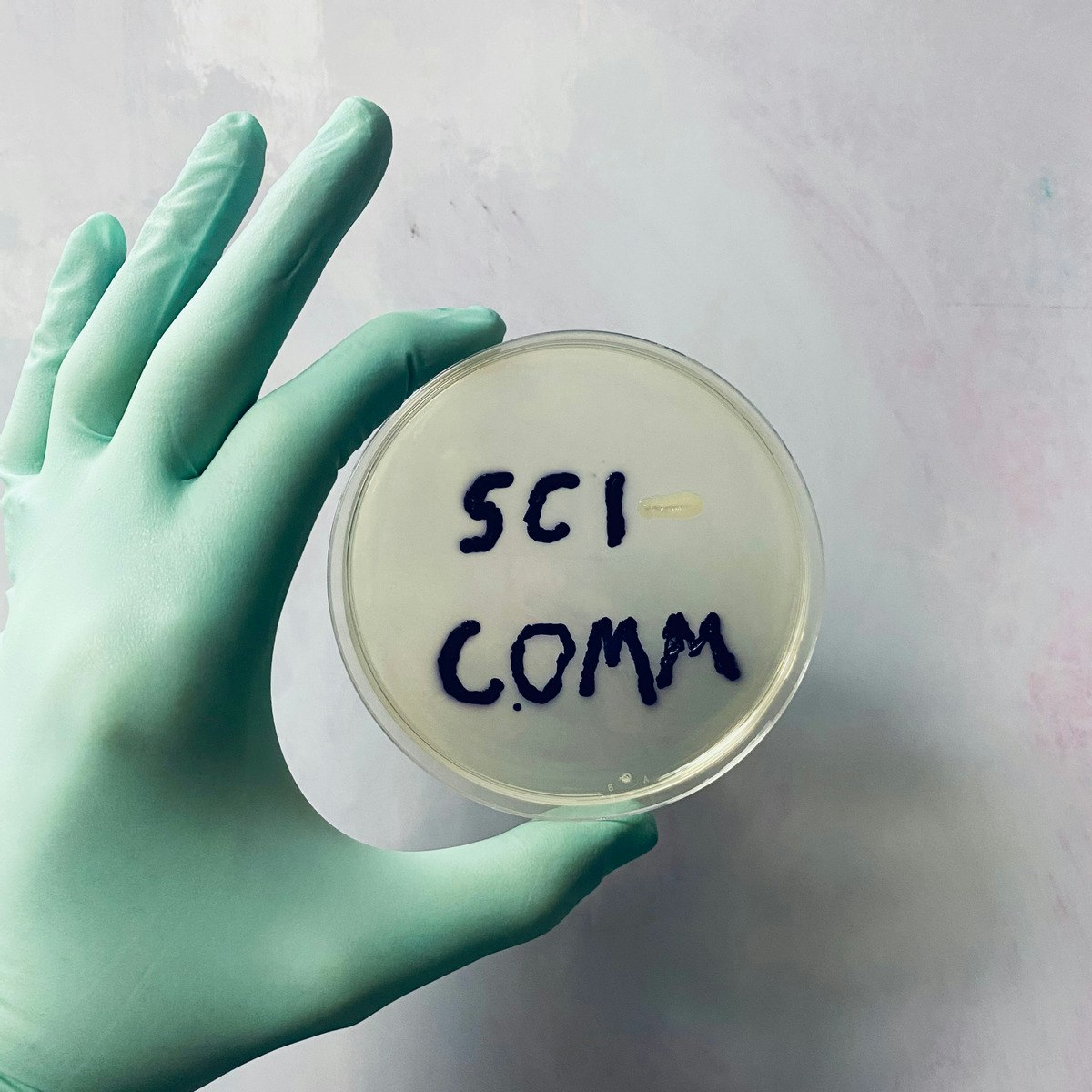
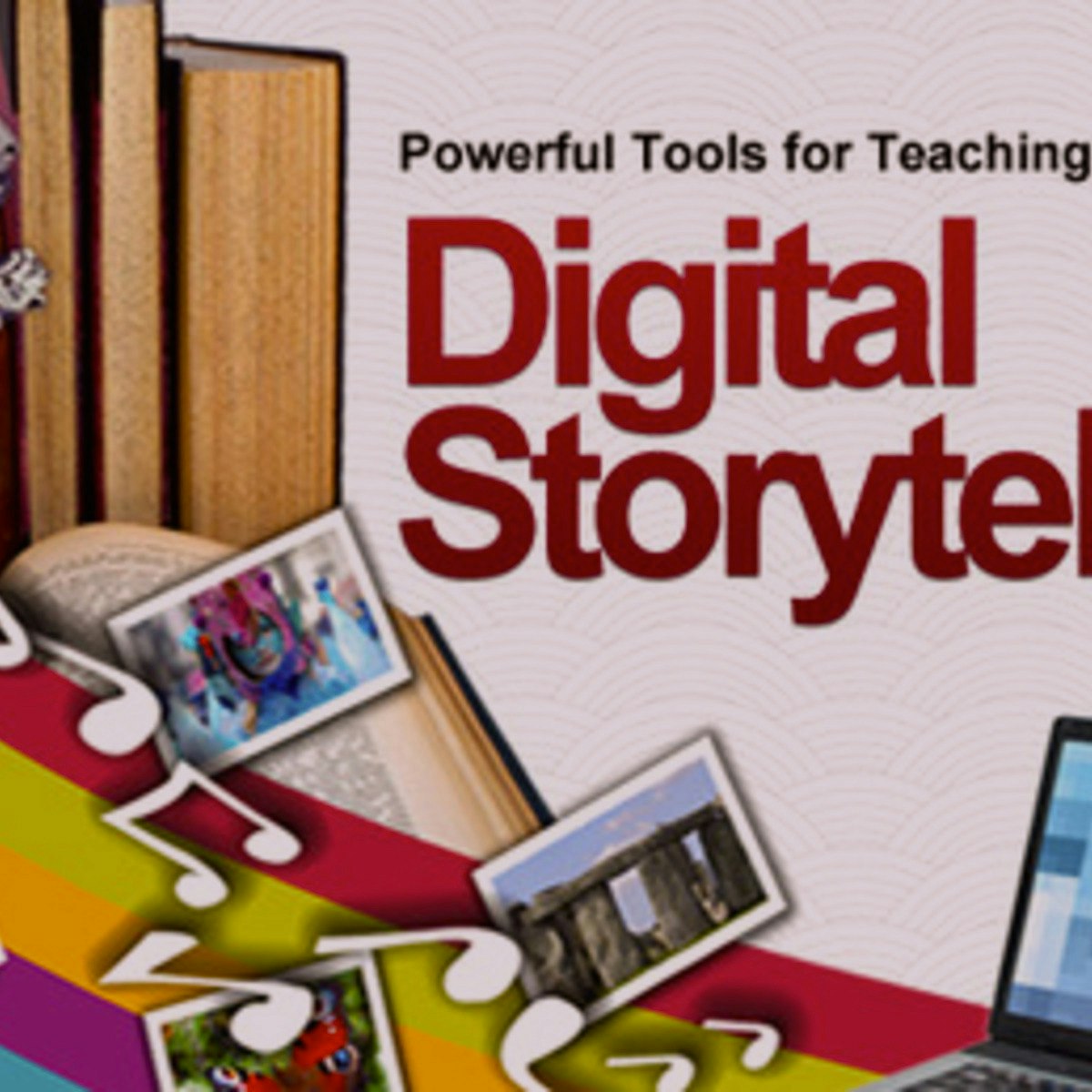
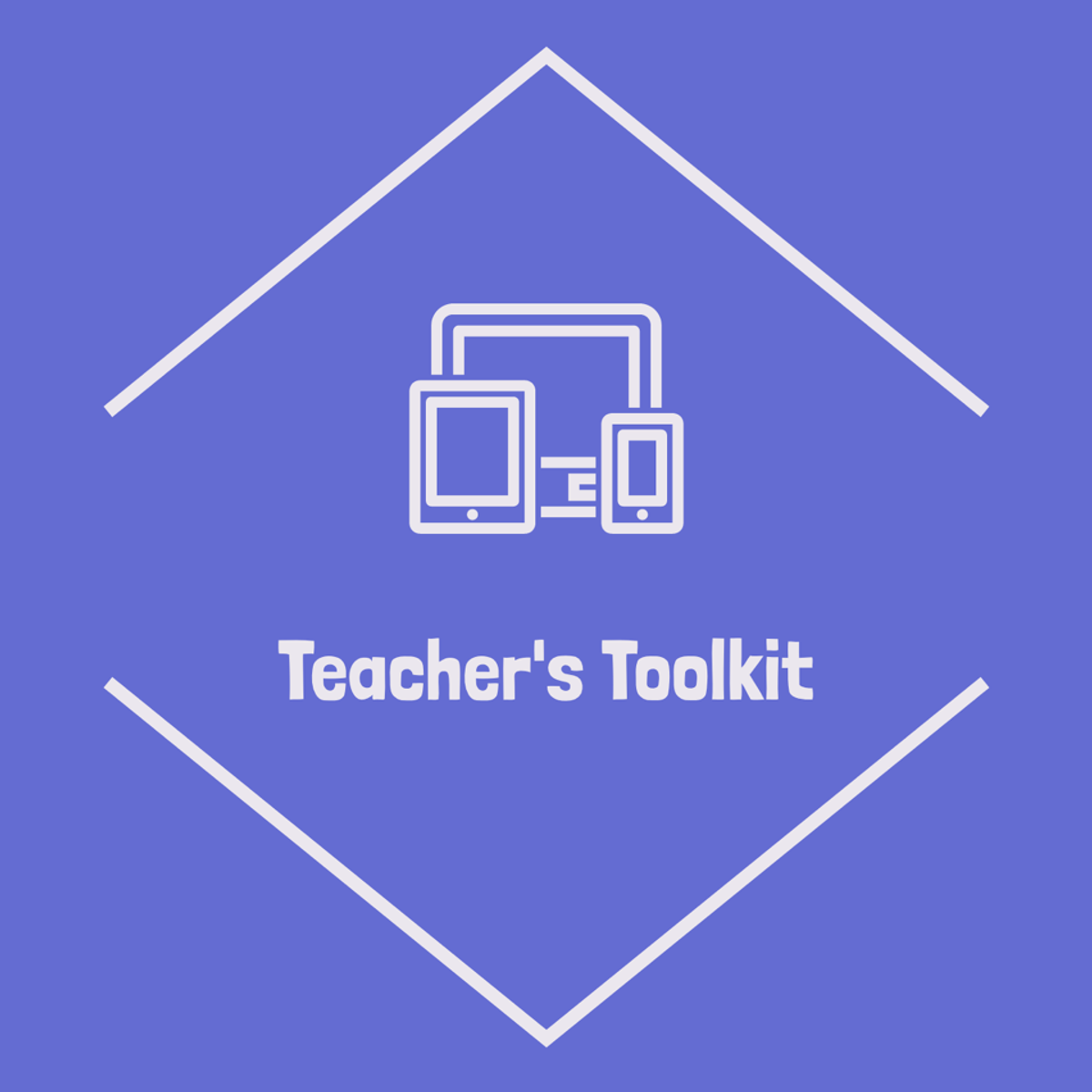
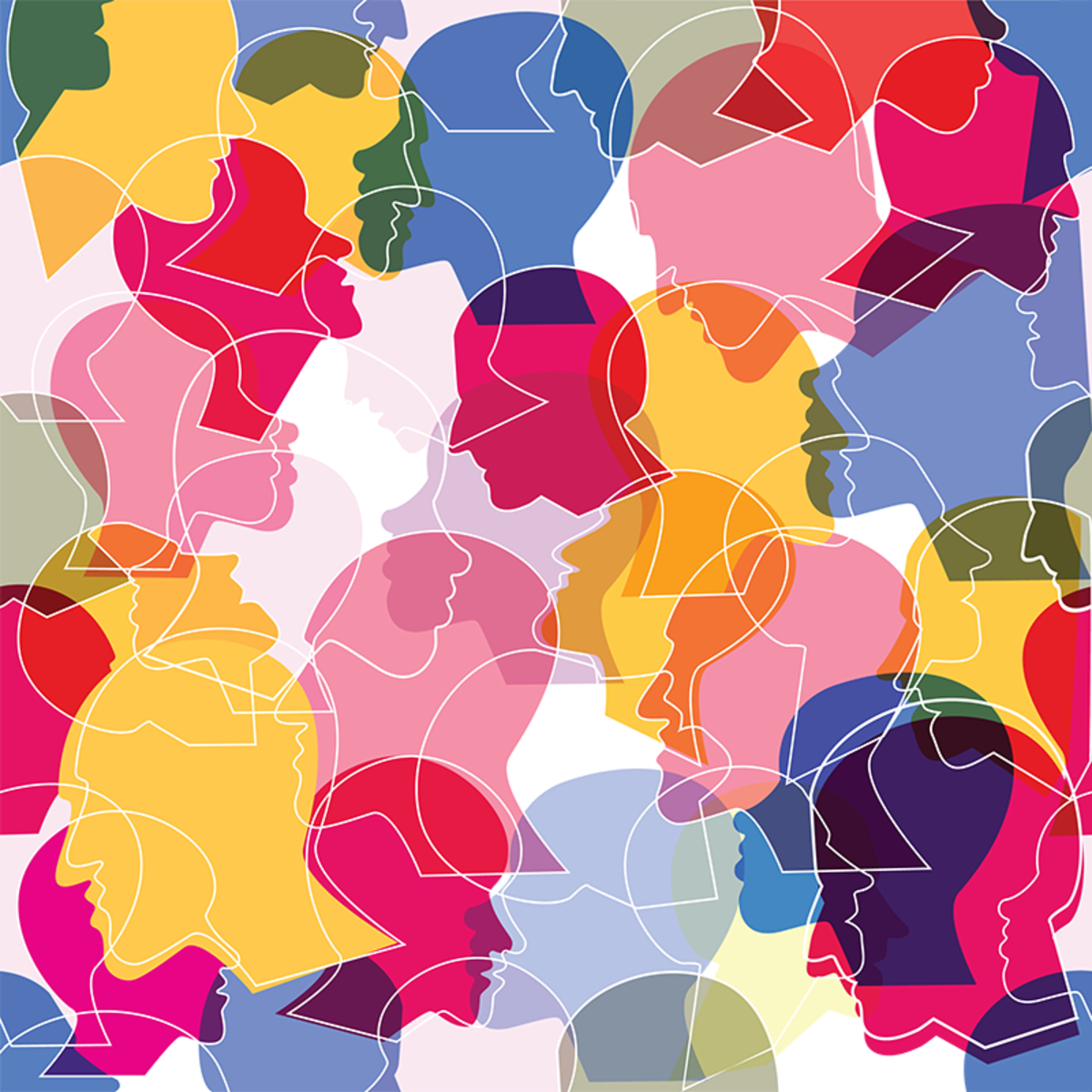
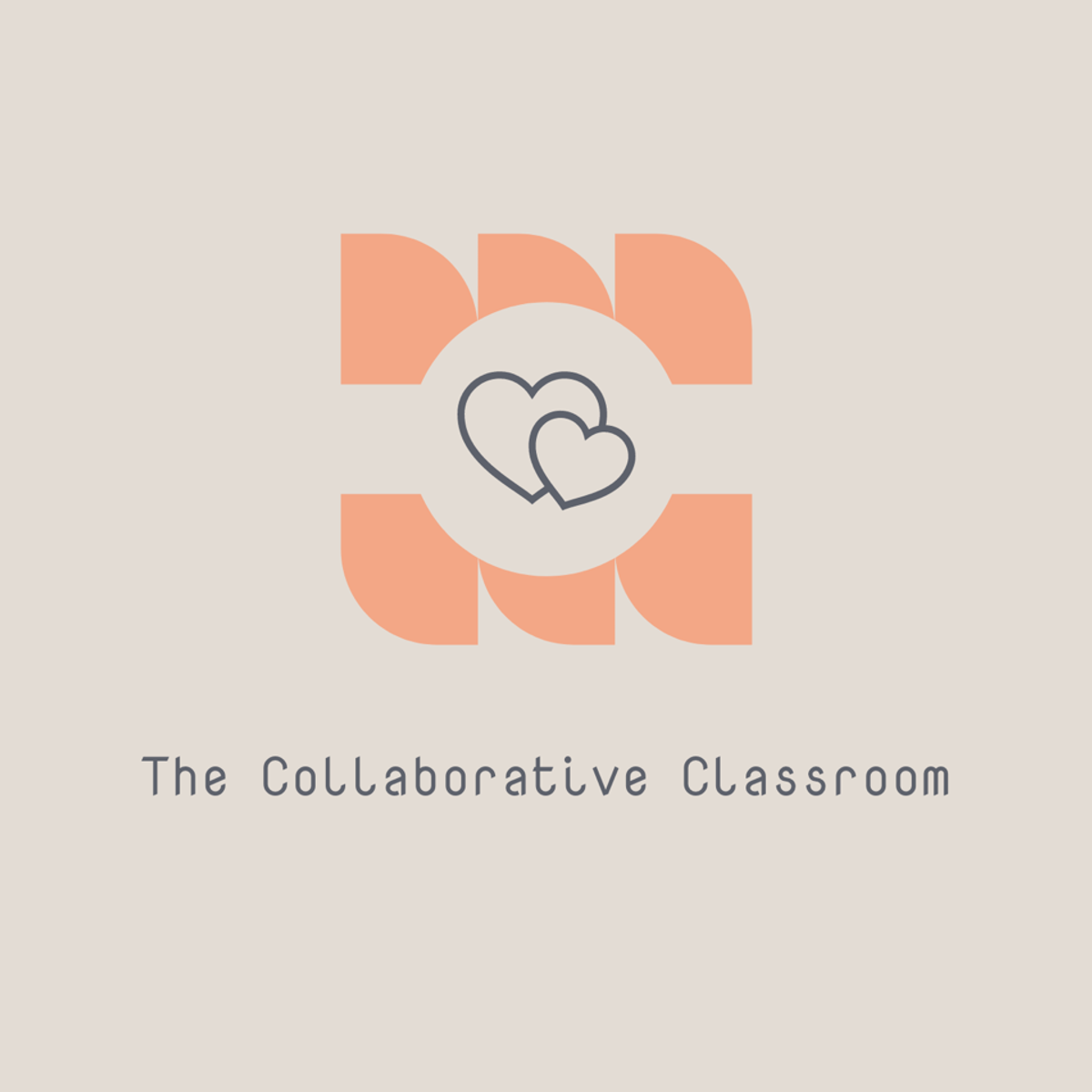

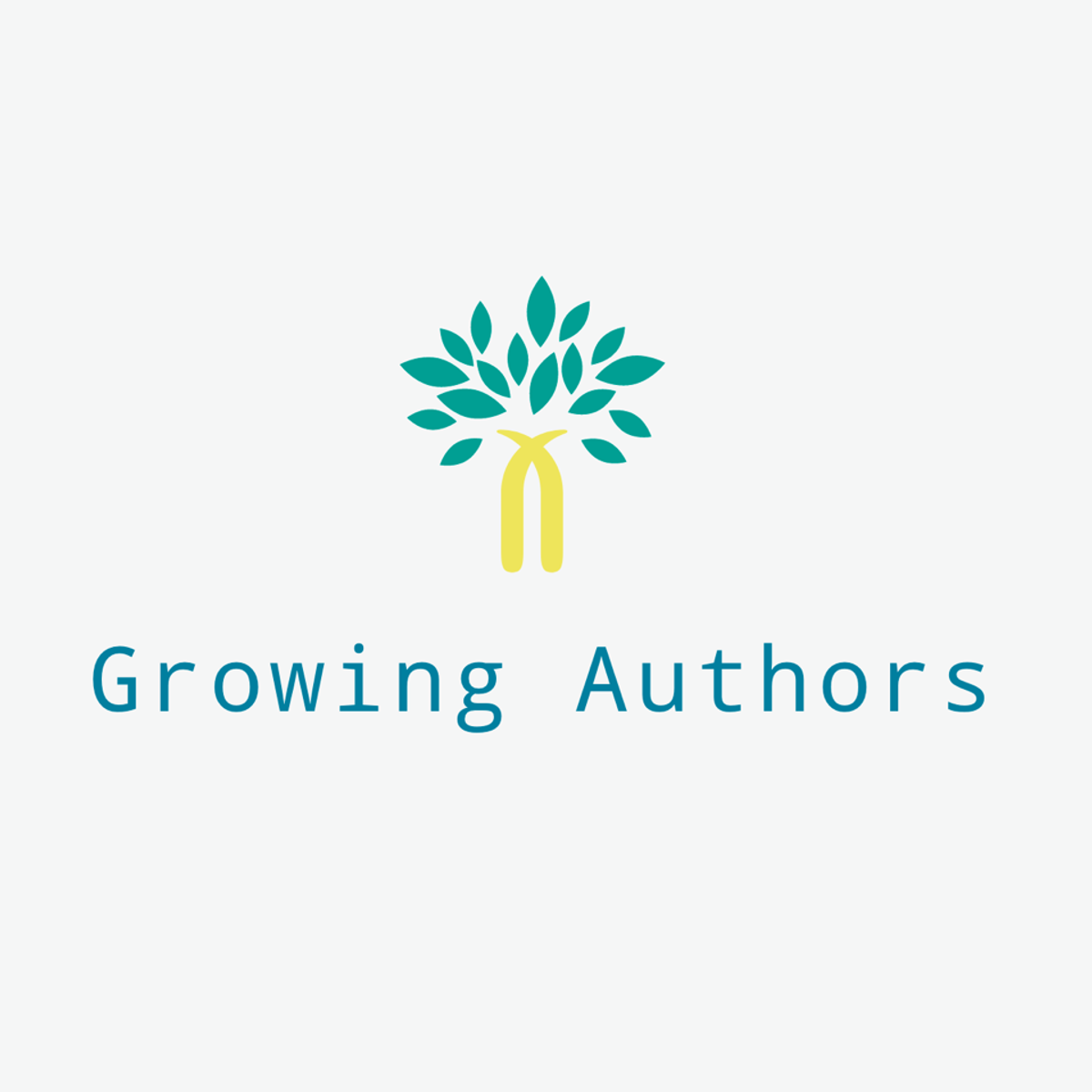
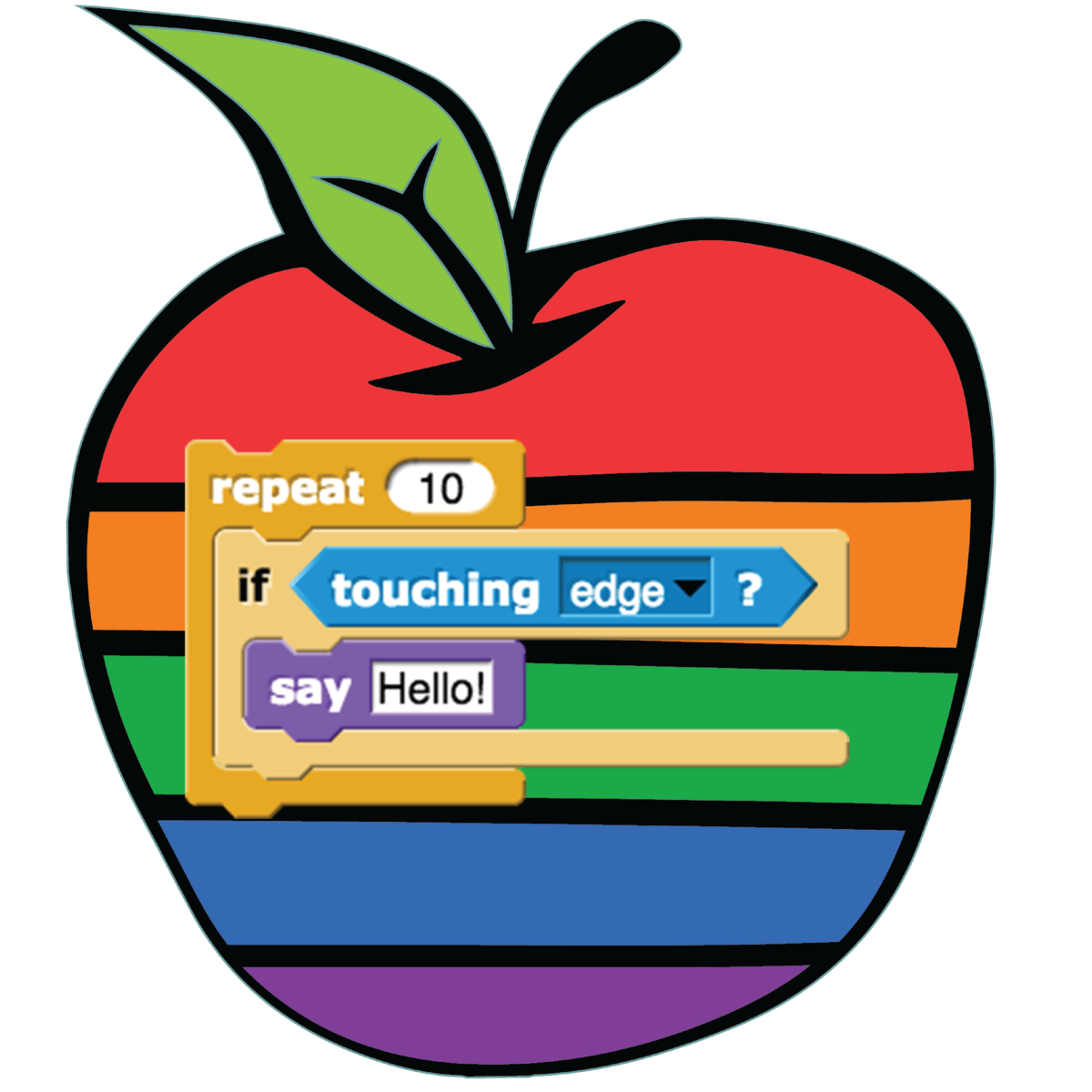
Education Courses - Page 14
Showing results 131-140 of 264

Teaching Impacts of Technology: Workplace of the Future
In this course you’ll focus on how the Internet has enabled new careers and changed expectations in traditional work settings, creating a new vision for the workplace of the future. This will be done through a series of paired teaching sections, exploring a specific “Impact of Computing” in your typical day and the “Technologies and Computing Concepts” that enable that impact, all at a K12-appropriate level.
This course is part of a larger Specialization through which you’ll learn impacts of computing concepts you need to know, organized into 5 distinct digital “worlds”, as well as learn pedagogical techniques and evaluate lesson plans and resources to utilize in your classroom. By the end, you’ll be prepared to teach pre-college learners to be both savvy and effective participants in their digital world.
In this particular digital world (careers and work), you’ll explore the following Impacts & Technology pairs --
Impacts (Getting jobs in new ways): technology based freelancing, Linkedin and how it changed the way we work
Technology and Computing Concepts: Data retrieval, data vs metadata, SQL, Boolean logic (AND, OR, NOT)
Impacts (Physical ties to work restricts people and businesses): work communication, the cloud, cloud computing, companies affected by ransomware attacks
Technology and Computing Concepts: how the cloud works, FTP, cloud storage, clients and servers, scalability basics, fault tolerance, AWS, devops
Impacts (Advancing your career in the fast moving technical world): digital technology changing jobs, online classes, machines replacing jobs, data science and artificial intelligence
In the pedagogy section for this course, in which best practices for teaching computing concepts are explored, you’ll learn how to effectively explore and critique curricular material you find and practice reviewing lesson plans, with a focus on material aimed at learning HTML.
In terms of CSTA K-12 computer science standards, we’ll primarily cover learning objectives within the “impacts of computing” concept, while also including some within the “networks and the Internet” concepts and the “data and analysis” concept. Practices we cover include “fostering and inclusive computing culture”, “recognizing and defining computational problems”, and “communicating about computing”.

Planning with Climate Change in Mind
This course focuses on the climate impacts occurring and expected to occur across the United States. Our approach will be regional and sectoral, with consideration of impacts on water resources, transportation, energy, agriculture, forests, health, and coastal/marine resources. We will also look at how you can apply information about climate risks to motivate climate action in your household, in your community, or in your workplace.

Designing Effective Science Communication
Although many would prefer to leave science in the past and no longer engage with it once completing compulsory science classes in school, the reality is that engaging with science is an integral part of our daily lives. Moreover, for the safety and wellness of human society, it is necessary to engage with scientific information. We are faced with the necessity of examining scientific evidence on topics ranging from conservation to public health and make decisions that impact not only our families but those around us. However, in spite of decades of science education reform and dedicated efforts to improving science literacy, many members of the general public lack the confidence, skills, or interest in engaging with scientific issues, instead choosing to align their scientific decisions with non-scientific stakeholders, such as political or pop culture figures. These problems are ongoing and destructive. How do we communicate science more effectively with the general public? With other scientists?
This course is designed for scientists, science educators, and science communicators who are interested in re-thinking how we communicate science to diverse audiences, particularly to the general public. Topics include evidence-based considerations of human learning as well as effective communication through a variety of modalities, including oral presentations, written forms of communication, technology, and artistic media. The objective of this course is to equip learners with the skills needed to design and implement effective methods of science communication. Learners will be able to identify key principles of human learning that undergird science communication, describe pitfalls in “popular” avenues for science outreach, and apply best practices to science communication in a variety of media.

Powerful Tools for Teaching and Learning: Digital Storytelling
Powerful Tools for Teaching and Learning: Digital Storytelling introduces educators to digital storytelling and explores ways to use digital stories to enhance students’ learning experiences. The course is designed to be comprehensive yet fundamental. By comprehensive we mean that the course provides a solid foundation for all of the components of a digital story and illustrates these components with tutorials, example stories, and links to additional readings. The course also provides a hands-on opportunity for learners to create their own digital stories. The course is fundamental because it covers the basic process of creating a digital story starting with just a simple script and as little as one image.
This course is intended for K-12 teachers in all disciplines, although it is open to anyone with an interest in digital storytelling. Course participants will use WeVideo (https://www.wevideo.com/), a free web-based video editing program, to create a digital story that could be shared both online and with students in the classroom. Teachers in the state of Texas may be eligible to receive Continuing Professional Education units if they complete the major requirements of the course.

Instructional Planning with Genially
Genially is “the tool that brings content to life.” Genially allows you to map out a learning journey for your students using high interest images and interactive tools. But did you know that Genially is also a wonderful tool for organizing your lessons and units.
With Genially, you can plan and organize your units in one central place, simplifying your planning process with templates created with teachers in mind! Throughout this project, we will work together to build your confidence using Genially so that you can not only use it as an instructional planning tool, but also as a tool for students to share information they have learned with their classmates.
*You will need a free genial.ly account for this project.

My Favorite Lectures @ HKUST
In 1994, the HKUST University Council established "The Michael G. Gale Medal for Distinguished Teaching" to commemorate the late Founding Council Member, Mr Michael G. Gale, for his distinguished service and outstanding contributions to the development of the University.
Every year, the Medal is awarded to a member of the academic staff who best exemplifies continued pursuit of excellence, devotion to teaching, and the ability to inspire and motivate others. The recipient is representative of the high quality of teaching and learning that the University offers and promotes.
This course aims to showcase our students’ favorite lectures conducted by their favorite teachers who are also the Medalists. Each speaker would share with the learners his/her teaching philosophy which is vividly illustrated in the module. The course contains four modules and in each we will feature one HKUST Michael G. Gale Medal recipient.
Go to this page to see a course overview video: https://youtu.be/tWES7MPtyPE
Please note that this course DOES NOT offer a course certificate.

Unleash Student Creativity with Buncee
By the end of this project, you will be able to use Buncee to unleash your students’ creativity. Buncee is “a creation and communication tool… to create interactive content, allowing those of all ages to visualize concepts and communicate creatively.” With Buncee, learning becomes more personalized as students are able to share through engaging multimedia projects using Buncee’s templates, stickers, and animations. Throughout this project, we will work together to ensure that you are confident using Buncee as a learning tool so that you can empower your students to communicate their learning in new and creative ways.
*You will need a free trial of Buncee for this project.

The Science of Success: What Researchers Know that You Should Know
This engaging course is designed to help you achieve the success that you desire. Drawing on decades of scientific research, you will learn what the most successful people do differently than others, why IQ is not the most significant predictor of success (and can sometimes backfire), and why many commonly held beliefs hold people back from achieving their goals.
Although this course is based on the science of success, you will learn many practical ideas that you can apply to your own life immediately, particularly in three main areas:
• Getting better results at work (and school)
• Achieving career success (however you define success)
• Enjoying a meaningful, happy, and healthy life
By the time you finish this course you will know more than most people know about what predicts success in life. One of the most important lessons you’ll learn is that success is earned day-by-day through small wins - small, achievable actions that together can help you achieve your goals sooner and exceed even your own expectations. Therefore, you will have an opportunity to complete a detailed action plan through which you can turn what you learned into specific steps for achieving your most treasured life goals.

Create Student Books with Book Creator
By the end of this project, you will be ready to use Book Creator to make student writing come to life. With Book Creator’s tools, you can create interactive stories, digital portfolios, research journals, instruction manuals, comic adventures, and more. Regardless of your students age or the subject they are learning, your students can demonstrate their understanding through Book Creator. Throughout each task, we will work together to ensure that you are confident in how to use Book Creator to help your students succeed.

Computational Thinking for K-12 Educators Capstone
In this capstone project course, you will learn to support your students in successfully completing the Advanced Placement Principles Create Task -- however this task can be useful for any course as a culminating, student-designed final programming project.
You will learn to interpret and practice applying to real sample student work the Create Task rubric and have the option to modify it for your own setting. You'll prepare resources to help students through the challenges that come with doing an open-ended project that still needs to meet certain specifications.
Finally, you'll complete your own Create Task assignment including writing about the ways in which you designed algorithms, used abstraction, and struggled with a challenge while completing the task.
You'll be prepared to help students do well on the Advanced Placement Computer Science Principles Create Task!
Popular Internships and Jobs by Categories
Find Jobs & Internships
Browse
© 2024 BoostGrad | All rights reserved